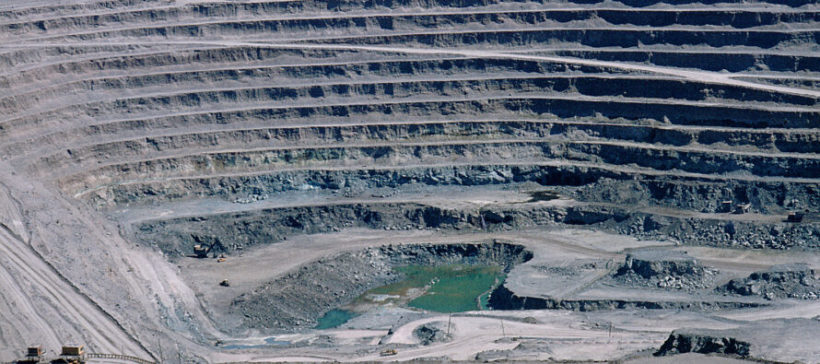October 15, 2025
The U.S.–Asia economic relationship appears to be entering a more volatile phase, with the postponement of a planned leadership summit and the intensification of supply-chain leverage emerging as key flashpoints. Shifting U.S. trade policy is straining alliances across the region while injecting fresh uncertainty into global markets.
In a dramatic turn, U.S. President Donald Trump has indicated that he may cancel or defer his scheduled meeting with Chinese President Xi Jinping at the upcoming APEC summit in South Korea. This shift follows China’s recent imposition of tighter controls on rare earth element exports, a move Washington denounced as “extraordinarily aggressive.” In response, the U.S. has floated the idea of new tariffs, including a possible 100% tariff on Chinese imports as soon as November 1, a threat that rattled financial markets.
Yet the situation is more complex than a simple tit-for-tat. China has defended its export restrictions, saying they are legitimate measures tied to national security and longstanding industrial regulation, and has not immediately matched U.S. tariffs with new levies. Meanwhile, U.S. Treasury Secretary Scott Bessent has publicly criticized China, accusing the country of using rare earths as economic coercion.
At the same time, the U.S. continues to press its allies for deeper economic alignment. Perhaps nowhere is this more evident than in its negotiations with South Korea over a previously announced $350 billion investment commitment tied to tariff reductions. Seoul, however, has pushed back, warning that executing such a commitment in the form demanded by Washington, especially without safeguards, could destabilize its economy. Key among its demands is a bilateral currency swap agreement to buffer the won and manage capital flows amid large fund movements. In a parallel move, South Korea has proposed structuring much of the U.S. investment as loans and guarantees, rather than upfront cash, to reduce risk. The situation has been further complicated by a controversial U.S. federal immigration raid at a Korean-owned battery plant in Georgia, an incident that has stirred Korean corporate fears about investing in the U.S. under political uncertainty.
The escalation has now touched maritime logistics. In retaliation for U.S. maritime fees on Chinese-built ships, China is reportedly imposing a port-entry charge of 400 yuan per net ton on container vessels affiliated with U.S. shipping lines, a step meant to raise the cost of U.S.–China maritime trade and underscore Beijing’s resolve in leveraging infrastructure. (The charge is expected to escalate annually.) This development reflects how the economic contest is broadening beyond tariffs and export controls to core logistics and shipping infrastructure. (Note: this specific tonnage fee has not yet been independently verified in open media at the time of writing.)
For consulting and commercial strategists, the remainder of 2025 is shaping up to be defined by geoeconomic risk. With the APEC summit’s centerpiece now uncertain, and new U.S. tariffs likely targeting sectors such as furniture and pharmaceuticals, firms must shift from passive compliance toward anticipatory decoupling. Risk strategies should emphasize diversification of supply chains, scenario planning for trade collapse, and dynamic hedging against policy reversals. The stakes are no longer confined to tariffs, they now extend to portfolio structures, capital flows, and cross-border industrial strategy.
References
- https://timesofindia.indiatimes.com/business/international-business/asian-stocks-today-markets-dip-after-trumps-100-tariff-threat-to-china-hsi-falls-over-9-shenzhen-down-over-340-points/articleshow/124517911.cms
- https://www.sharecafe.com.au/2025/10/15/trump-keeps-tariff-threat-alive-as-rare-earths-dispute-escalates/
- https://asiatimes.com/2025/10/china-us-clash-in-global-shipping-after-chip-and-tariff-wars/
- https://www.csis.org/analysis/south-koreas-response-us-demands-minimize-risk-maximize-reward
- https://indianexpress.com/article/opinion/columns/us-and-china-both-lose-if-they-keep-raising-tariffs-so-do-the-rest-of-the-world-10306014/
- https://www.kedglobal.com/business-politics/newsView/ked202509250002








